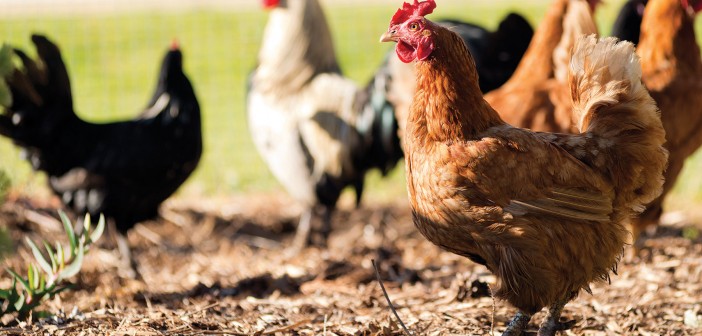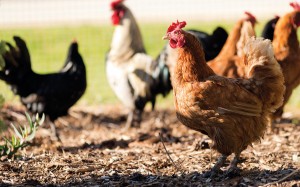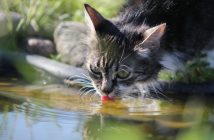by Kim Justen
Last fall, there was something missing at many county and state fairs across the country: birds. An outbreak of avian influenza in poultry farms meant the best way to keep your birds safe was to keep them at home, away from other birds.
Bird owners, even those with a small backyard flock need to protect their birds. The problem is, domestic flocks aren’t the only birds getting sick. And while there are strains of avian flu that are mild and flocks recover from, the current strain is highly contagious and has a high mortality rate.
Signs of HPAI H5 viruses include loss of appetite and coordination, lack of energy, purple discoloration or swelling of body parts, diarrhea, nasal discharge, coughing and sneezing. It can also cause reduced egg production and misshaped eggs.
There are many ways for your birds to get sick, so make sure you take precautions.
• Keep your birds away from waterfowl, including wild ducks and geese. Avian influenza can spread quickly with direct bird to bird contact.
• It can also spread through manure, so keep your houses clean.
• People can also carry it into houses if they are wearing clothing that is contaminated.
• And birds can get it from contaminated surfaces.
It’s important you do what you can to keep your birds away from as many risks as possible. You can minimize the risks by making sure you keep everything around your birds clean, and keep them away from wild birds.




